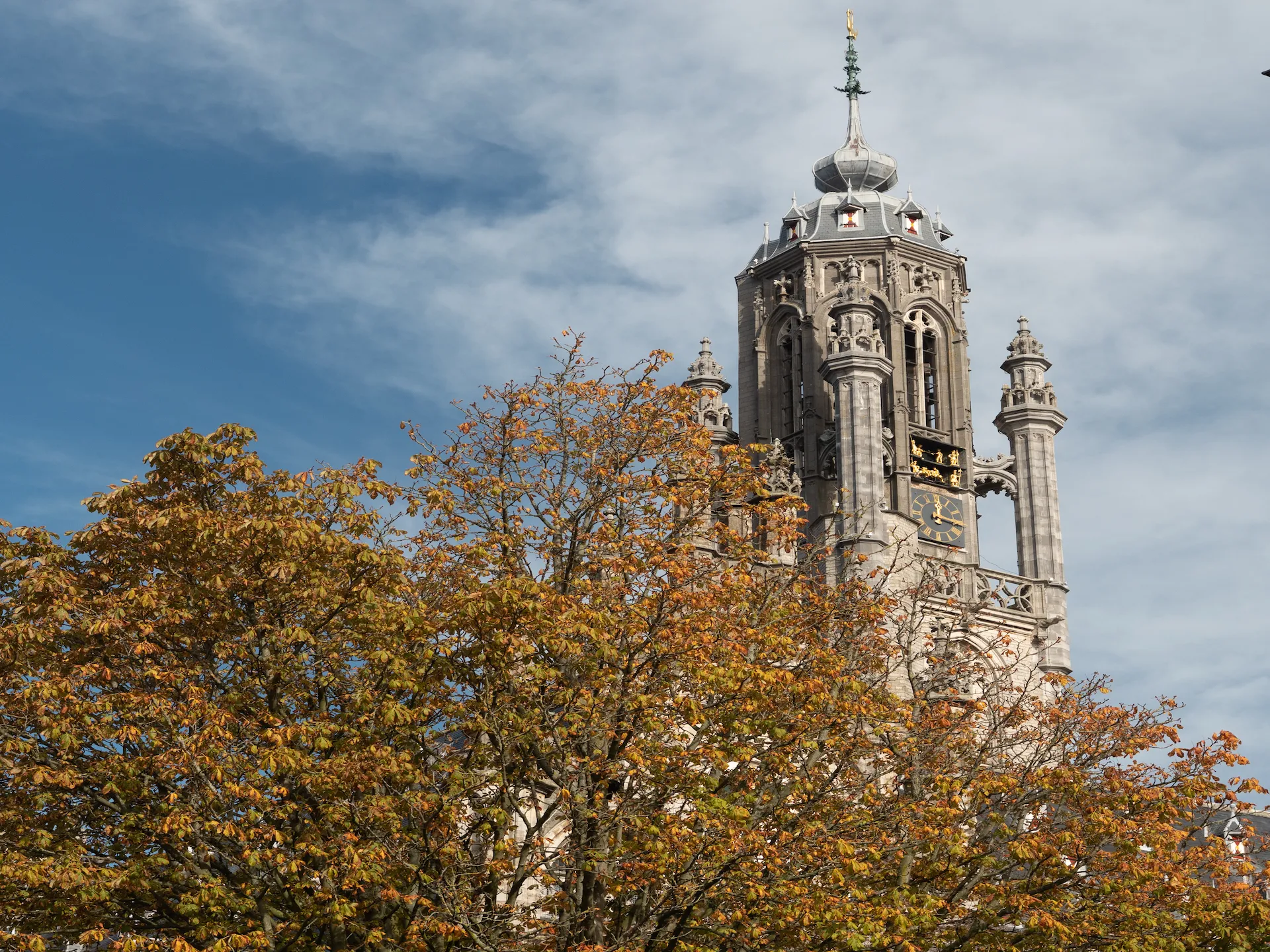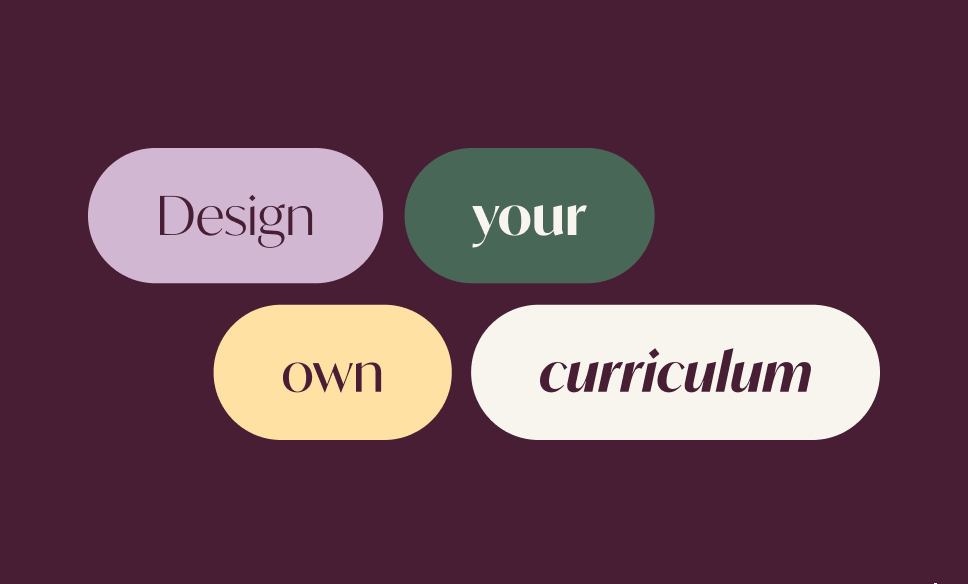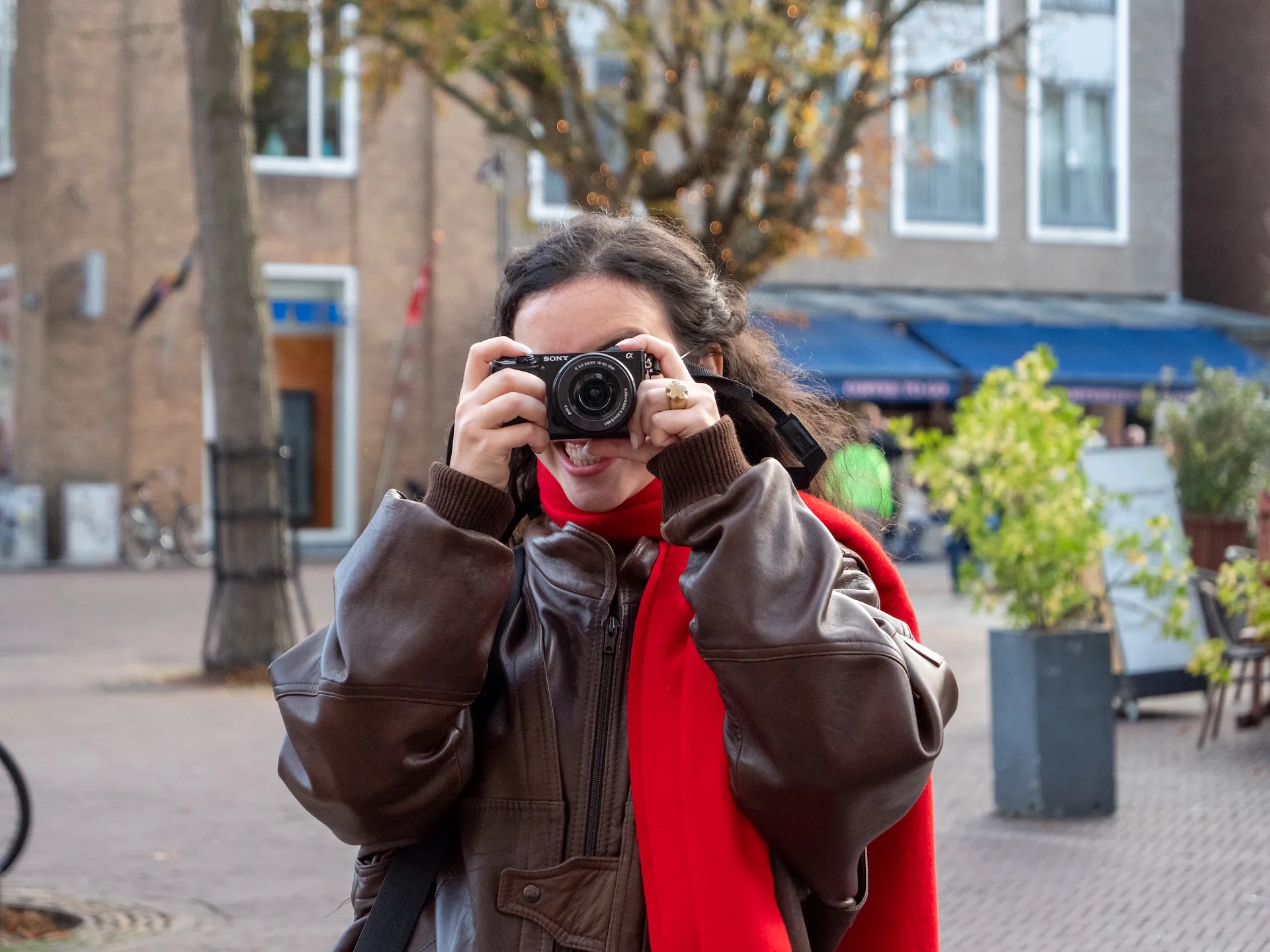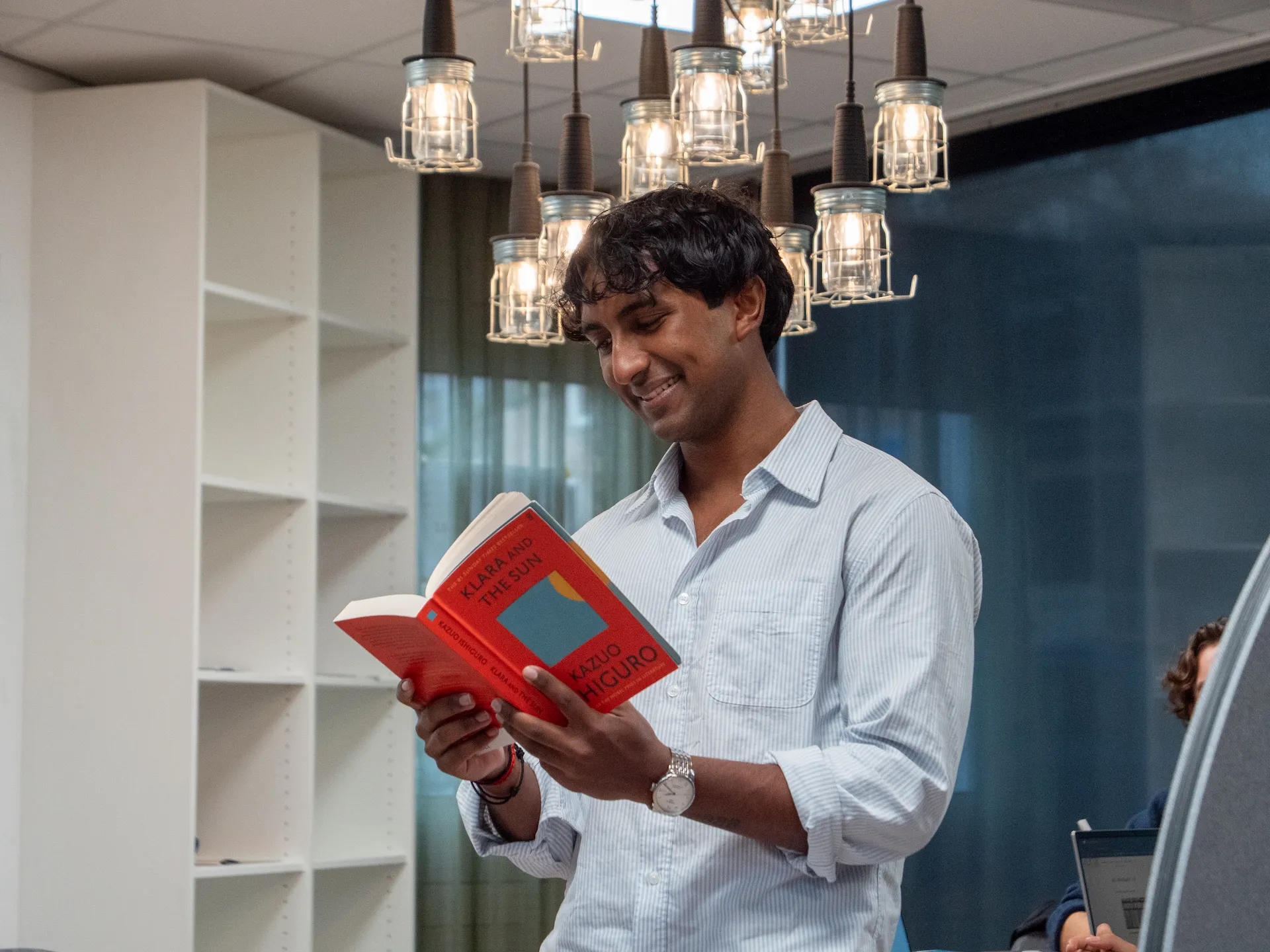Media, Culture & Communication
Media, Culture & Communication
Courses in this cluster count towards a Bachelor of Arts

How does what you see, hear, and scroll through every day shape the way you think about yourself and the world? Dive into how we preserve, interpret, and protect the stories of past societies. Understand how history shapes identity and influences today’s culture. You master the tools to think clearly, critically, and historically about the world you inhabit.
This cluster goes beyond just media itself; you’ll investigate how culture and communication connect with social values and political debates. At our Liberal Arts and Sciences university, you can combine this with clusters like Government & Society to study media’s role in politics, or with Environment & Sustainability to see the effects of communication on climate change. Explore how culture affects human behavior and identity by taking courses from Health, Cognition & Behavior.
If you’re curious about how stories, images, and technology shape the way we understand the world, and each other, Media Culture & Communication will give you the tools to understand, critique, and maybe even change the conversation.
Gateway in Media, Culture & Communication
Gateway in Media, Culture & Communication
The UCR Program Builder is designed to help you easily plan your academic program. Step by step, the tool guides you through selecting courses, building a balanced curriculum, and meeting UCR’s academic requirements.
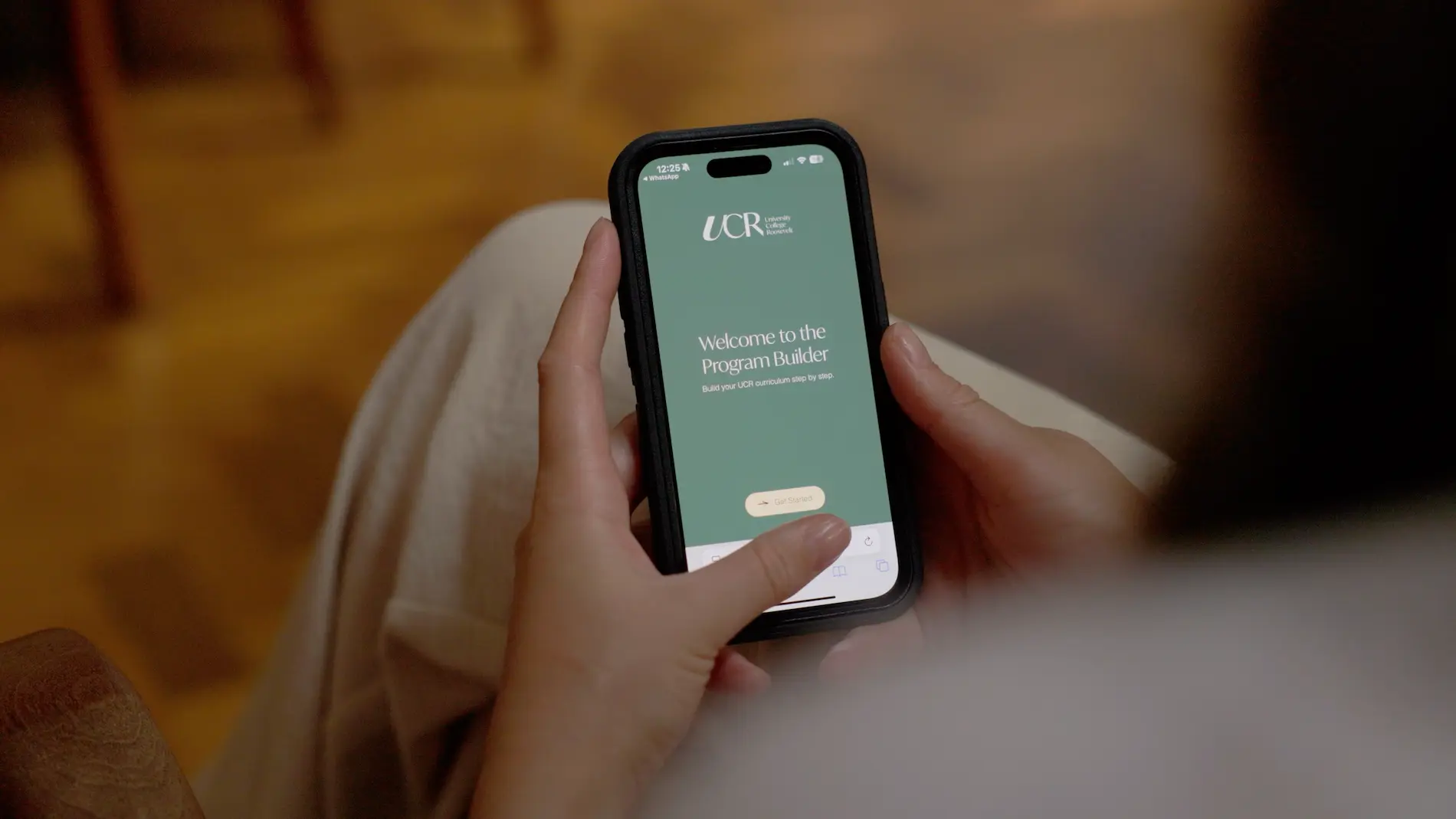
The UCR Program Builder is designed to help you easily plan your academic program. Step by step, the tool guides you through selecting courses, building a balanced curriculum, and meeting UCR’s academic requirements.
Want to know more? Chat with a UCR student!
Want to know more? Chat with a UCR student!
